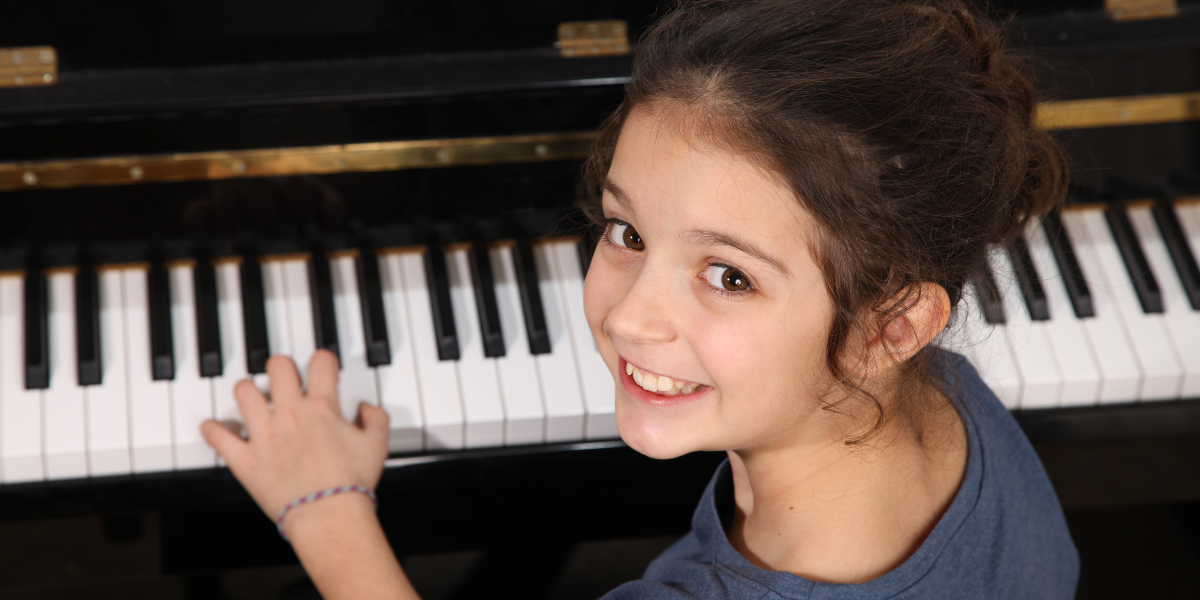Why Elite Music Academy Is the Top Choice for Piano Lessons in Toronto
If you’ve been searching for piano lessons in Toronto, finding the right school can make all the difference in your musical journey. The best piano lessons don’t just teach technique they inspire creativity, confidence, and a lifelong love for music. That’s exactly what makes Elite Music Academy stand out as one of Toronto’s most trusted and respected institutions for aspiring pianists of all ages and skill levels.
Whether you’re a complete beginner or a seasoned player looking to refine your skills, this academy offers a learning experience that combines expert instruction, flexibility, and an encouraging atmosphere designed to help you reach your full musical potential.
1. Expert Piano Teachers with Proven Experience
One of the biggest reasons students choose this school for piano lessons in Toronto is its exceptional team of instructors. The teachers are not only highly qualified musicians but also passionate educators who know how to adapt their teaching methods to suit every student’s individual pace and learning style.
Each instructor brings a wealth of performance and teaching experience, ensuring students learn everything from fundamental techniques to advanced musical interpretation. Whether your goal is to play classical, jazz, pop, or contemporary music, you’ll be paired with a teacher who specializes in your area of interest.

2. Flexible Lesson Options: In-Studio, Online, and In-Home
Modern life can get busy, and not every student can commute to a music school every week. That’s why the academy offers flexible piano lesson formats to fit your schedule and lifestyle.
You can take piano lessons in a professional studio setting, enjoy the convenience of online learning from the comfort of your home, or even arrange for private in-home lessons. Each option offers the same quality of instruction, allowing you to continue your progress no matter your routine or location in Toronto.
This flexibility makes piano learning accessible to children, working professionals, and retirees alike.
3. Personalized Learning Experience for Every Student
Every student’s musical journey is unique, and the best piano lessons recognize that one size doesn’t fit all. The academy customizes each lesson plan to align with your goals, skill level, and preferred music genre.
For beginners, lessons typically focus on proper hand positioning, rhythm, and reading music. Intermediate and advanced students explore more complex techniques such as dynamics, improvisation, and performance preparation.
Teachers also take time to understand your motivation whether it’s playing for personal enjoyment, preparing for Royal Conservatory of Music (RCM) exams, or performing on stage and tailor the lessons accordingly.
4. State-of-the-Art Facilities and Inspiring Learning Environment
A great learning environment plays a huge role in fostering creativity and focus. The academy’s in-studio piano rooms are equipped with high-quality pianos and maintained for optimal acoustics. These professional settings help students feel inspired and confident as they learn, while also preparing them for live performances or auditions.
Many students find that learning in a structured yet encouraging atmosphere motivates them to practice more consistently and push beyond their comfort zones.
5. Opportunities to Perform and Build Confidence
Unlike many music schools, this academy goes beyond traditional lessons by offering students regular opportunities to showcase their progress through recitals, concerts, and events. Performing in front of an audience helps students build stage confidence, develop performance etiquette, and gain valuable experience that can’t be learned from a textbook.
Whether it’s a small studio recital or a larger concert hall performance, students are encouraged to share their music and celebrate their achievements. This exposure not only builds confidence but also connects students with a community of fellow music lovers in Toronto.
6. Comprehensive Curriculum for All Ages and Levels
The piano curriculum is designed to accommodate everyone from young children taking their first lesson to adults rediscovering their love for music. Beginners learn the foundational skills, while advanced players are challenged with improvisation, ear training, and composition.
Children’s lessons often include engaging games and interactive methods to keep learning fun, while adult lessons focus on technique, sight reading, and repertoire development at a comfortable pace.
The result is a well-rounded education that emphasizes both technical skill and musical expression.
7. Proven Track Record of Student Success
Students consistently achieve impressive results through structured guidance and consistent support. Many have gone on to perform professionally, pursue advanced studies in music, or simply enjoy playing confidently for friends and family.
This long-standing success story is a testament to the academy’s dedication to high-quality piano instruction and nurturing a genuine love for music in every learner.
8. A Welcoming and Supportive Music Community
Learning piano isn’t just about mastering notes it’s also about feeling part of a community that shares your passion. Students often connect with others who share similar goals, collaborate on performances, and motivate one another to grow as musicians.
This sense of belonging encourages consistent learning and adds an enjoyable social element to each lesson.
Conclusion
If you’re serious about finding the best piano lessons in Toronto, look for a school that offers expert instruction, flexibility, and a personalized approach. With professional piano teachers, diverse learning formats, and a nurturing community, Elite Music Academy truly sets the standard for piano education in Toronto.
Whether your dream is to perform on stage, ace your next music exam, or simply enjoy the beauty of playing piano, this academy provides the foundation and inspiration you need to succeed.
FAQs About Piano Lessons in Toronto
1. What age should a child start taking piano lessons?
Most children can start piano lessons around ages 5–6, once they can focus for short periods and recognize letters and numbers. However, every child is different, and lessons can be adapted for younger beginners.
2. How often should I take piano lessons to see progress?
A weekly lesson combined with consistent daily practice is ideal. Regular lessons ensure steady improvement and help reinforce correct technique.
3. Do I need a piano at home to start lessons?
Yes, having access to a piano or a quality keyboard is essential for practice. Your teacher can recommend affordable beginner options if you don’t already have one.
4. Are online piano lessons as effective as in-person lessons?
Absolutely. With the right setup and communication, online piano lessons can be just as interactive and effective as in-person sessions.
5. How long does it take to learn to play the piano well?
It depends on your goals and practice habits. With consistent effort, most students can play simple songs within a few months and develop strong skills within a year or two.


